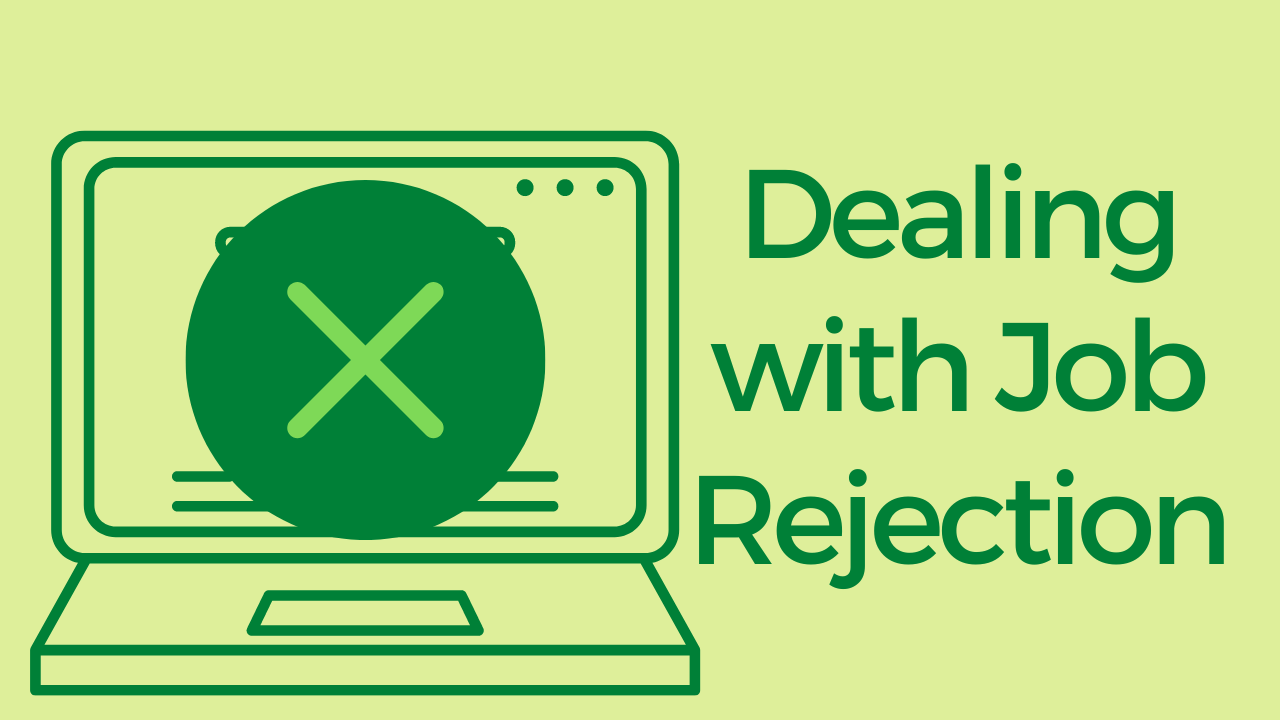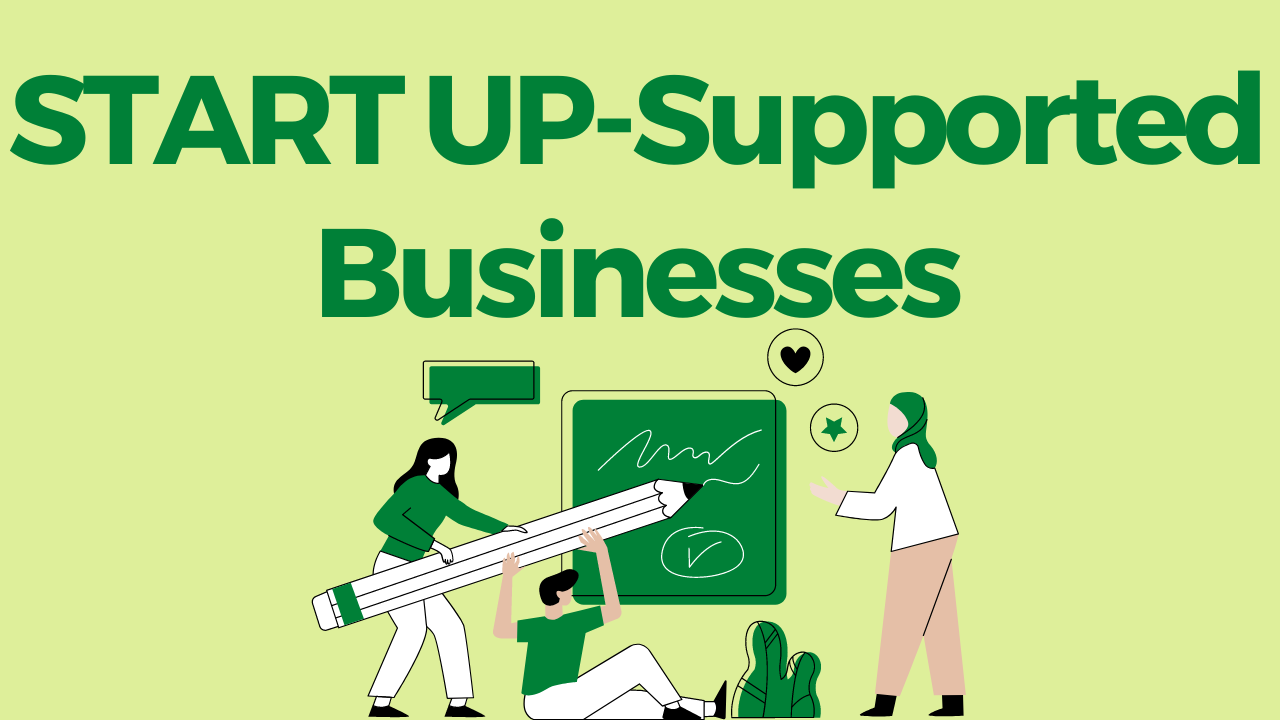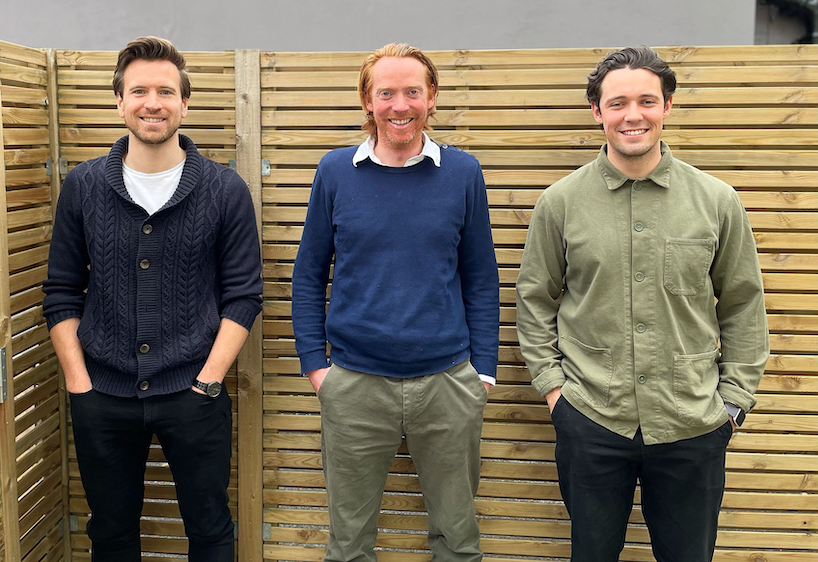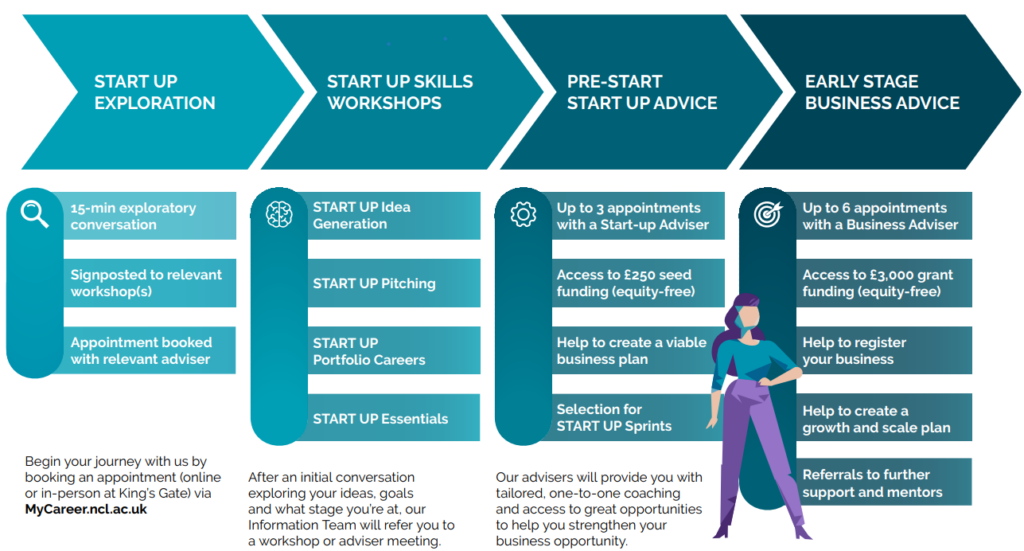Student name: Luke Williamson
Current course: Computer Science
Study abroad university: National University of Singapore
Study abroad country: Singapore

Why did you choose to do a year abroad? Why Singapore?
Doing a year abroad gives you a chance to experience a different environment to your own. That’s different culture, different pacing, and different people. I personally think it’s important to try to experience this whenever you’re given the opportunity, especially in your twenties when you have the freedom for it, as I think putting yourself in new environments like this is how you grow and develop as a person. Going to university was a big adjustment for me, as it is for anyone, but I really felt that I thrived from meeting new people and trying new things, and doing a year abroad was a chance to experience that again. I think it can seem quite scary, especially if you don’t know anyone in your destination country, but it’s a leap of faith I wanted to take, and as anyone else who did a year abroad will tell you, it will work out fine and be really fun!
I grew up in a quiet, rural area, so going to Newcastle gave me a chance to experience life in a city – but with my year abroad I wanted to take it a step further. I chose Singapore because it’s unlike anywhere I’ve ever lived before. It’s massive, modern, and has insane infrastructure unlike anything I’ve seen in England. It was an opportunity to see if I would want to live somewhere like this later in life. At the same time, it’s honestly not that big of an adjustment. Although the culture is for the most part completely different, the national language is English and the country surprisingly shares a lot of its customs and culture with England. Plus, It’s nearly always sunny, and the food is absolutely incredible!
What support did you receive from the university before your year abroad started?
The uni were hugely helpful. You were free to email or ask questions in person whenever you wanted to, and they had loads of resources available to help out, plus they had presentations to help make sure you were prepared and knew everything you needed to know beforehand.
What support have you had while in Singapore?
The uni do a monthly check in, and although I’ve ran into no personal or academic issues, you always know that the support is there when you need it.
What’s been your favourite thing about study abroad so far?
My favourite thing honestly could be the food… Don’t get me wrong, I really miss beans on toast! But the food here is absolutely unreal. I’m always pestering people for recipes because I don’t wanna lose all this stuff when I come back. Drinks too – nothing beats getting an ice-cold drink when its 35 degrees, and they’re really cheap here too.
What advice would you give to a student who is considering study abroad?
While I don’t think a year abroad would suit everybody, if you’re already considering it, then you’re probably the type of person who would love it. Just remember everyone else feels just as scared – I definitely did – but there’s a reason it’s so hard to find a student who regrets their year abroad, and so easy to find one who regrets not doing it!
What skills do you expect to gain from study abroad?
I think pretty much all of my social skills have massively improved since coming here. You meet so many people from different backgrounds and cultures and it’s really eye-opening. I already feel so much more confident when meeting people now and worry so much less what others may think of me. I also think my ability to adapt has massively improved, and that’s invaluable not just for jobs or uni, but life in general.
How are you finding life in Singapore? (e.g. daily life, culture, people, travel opportunities)
Getting used to the new routine took some adjustment but after a while it all fell into place, and it feels like the new normal. Singapore is incredibly culturally diverse, with people from Malaysian, Chinese, Indian, and Japanese backgrounds just to name a few. You’d honestly need a lot longer than a year to experience it all!
And that’s not even starting on the travel opportunities either. Changi airport is one of the biggest in the world, and you can get to almost any neighbouring countries super easily. I’ve been to Malaysia, Indonesia, Thailand, and Java, and I have plans to go to China soon, so it’s a great gateway to see all of Asia, not just Singapore.

Many thanks to Luke for supporting with this article. If you’d like more information on the Study Abroad opportunities for School of Computing students, please visit: Experience the World – Global Opportunities – Newcastle University




